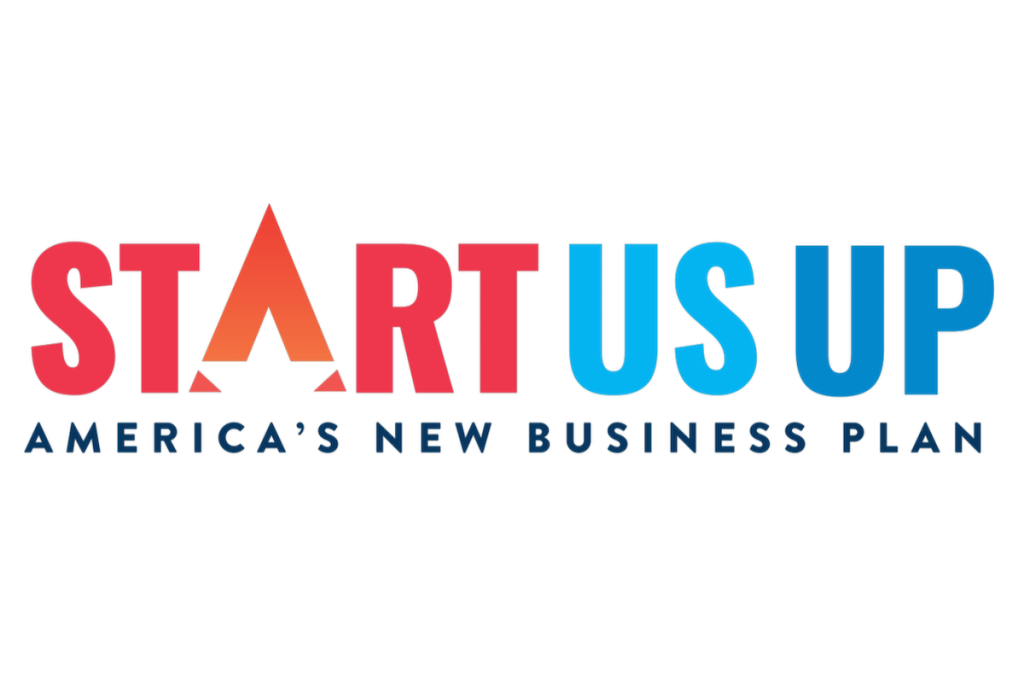The U.S. Department of Education recently announced significant changes to the federal Public Service Loan Forgiveness (PSLF) Program, which provides debt relief for government and nonprofit workers. The program’s purpose is two-pronged: aiming to encourage public service employment whileaddressing a trillion-dollar threat to the economy.
That’s an important step, but the government would be remiss to overlook an opportunity to fold entrepreneurship into debt forgiveness. At a moment of economic upheaval, policymakers could address the student loan crisis while also stimulating innovation and job creation via a new generation of entrepreneurs.
One approach to debt relief was suggested in a 2019 piece co-authored by John Dearie, president of the Center for American Entrepreneurship, a member of the Start Us Up coalition. Included in the proposal: “if the entrepreneur or startup employee remains at a startup for five years (either a single firm or multiple new businesses) and has made loan payments of at least $200 on time for 60 months (five years) — for a total of $12,000 — any remaining student debt would be forgiven.”
The hypothetical policy is explicitly modeled off the PSLF program — another example (similar to the E-Corps set forth in ANBP) of how policymakers would be well-served to view entrepreneurship as a public good.
Prospective entrepreneurs often find themselves discouraged from starting a business and pushed toward other jobs due to the financial shackles of student loan debt. Research shows 48% of young prospective entrepreneurs view student loans as a barrier to starting a business.
The PSLF offers a framework for how policymakers can address both the debt crisis and the ever-present (and pandemic-heightened) need to invest in new businesses. To that end, America’s New Business Plan recommends that policymakers:
- Create a federal Student Loan Deferral Plan that allows entrepreneurs faced with significant student loan burdens to apply to defer their student loans for an initial period of one year and for up to five years.
- Forgive student loan debt for entrepreneurs who continually make capped loan payments for a certain period of time through the Pay As You Earn (PAYE) or Income-Based Repayment (IBR) programs.
- Provide entrepreneurs who maintain residence in the state an exclusion from state income tax equal to the amount of student loan payments made in a year up to a capped amount.
There is an urgent need for reform on both ends. Recent data shows that student loan debt now totals $1.73 trillion and grows six times faster than the U.S. economy, with 43.2 million student borrowers owing an average of $39,351. Meanwhile, increased interest in entrepreneurship signals a potential end to a decades-long flatlining rates of entrepreneurship, but only if new and small businesses receive the support and freedom to thrive.

